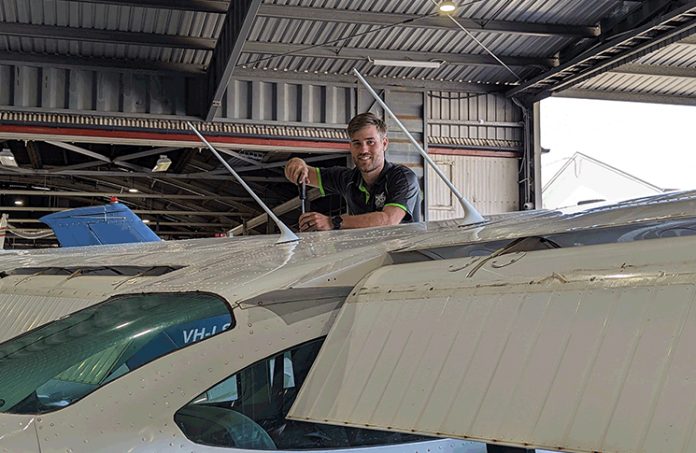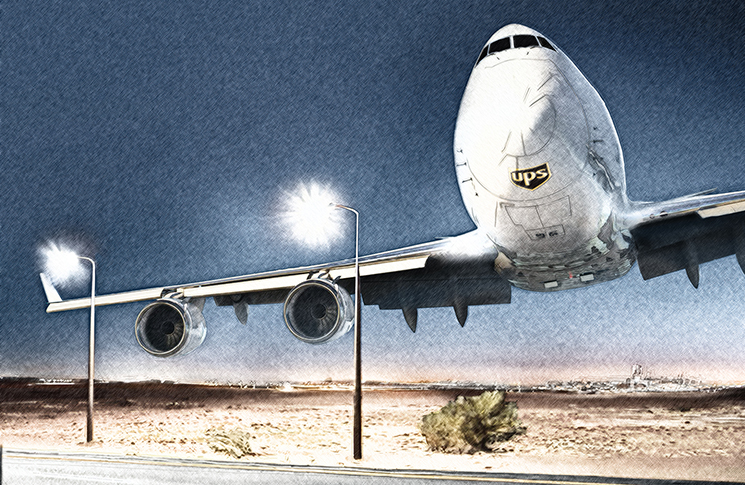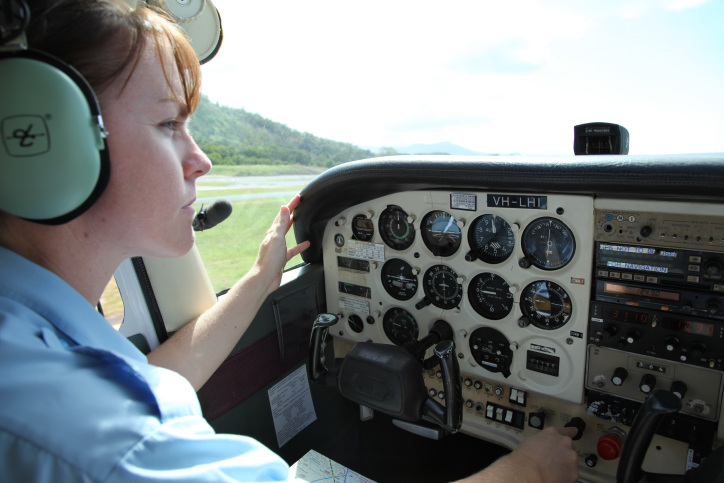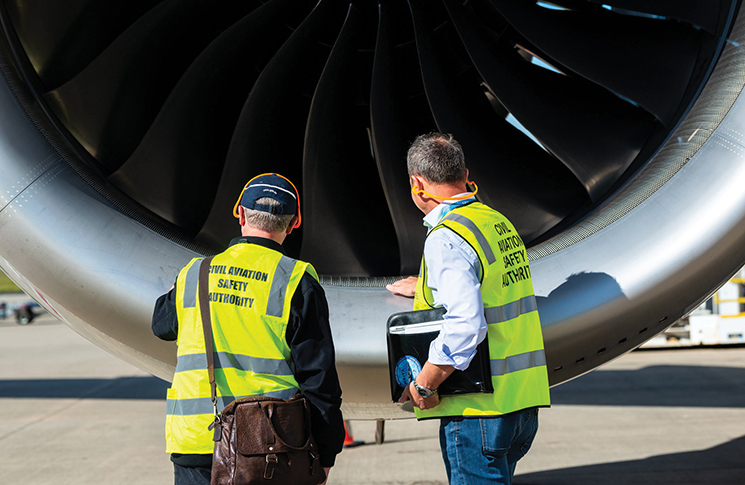If there was one thing that stood out for Hayden McDonald during his engineering apprenticeship, it was the friendships he made.
‘Strangers stuck in the same learning environment for months at a time, turn into friends through shared experiences,’ he says.
Hayden is one of the winners of our 2022 aviation maintenance engineer (AME) scholarships. The scholarship provides $5,000 to encourage and assist promising AMEs in their training and help them achieve a Part 66 CASR licence.
Hayden admits the challenges and learning curves in aviation maintenance are incredibly steep.
‘There’s a lot of content to cover in a relatively short amount of time,’ he says. ‘The requirement to not only memorise facts, but also understand them all, is where I found one has to be fully committed to the learning experience.
‘The aspect of training I found most challenging was understanding how everything connects, from paperwork and administration, to carrying out maintenance on the aircraft.
‘There are a lot of moving parts and when you first start out, it’s extremely difficult to understand why things are done the way they are, and how the different aspects of maintenance relate.
‘It’s an industry that requires technicians to master a range of skills, including good documentation and record keeping, as well as being proficient at the mechanical and maintenance tasks themselves.
A childhood fascination with aircraft led to a flying camp with the Australian Air Force Cadets that accelerated his love of aviation.
‘I was fortunate enough to go solo in just 10 days, despite not having any formal flying training,’ he says.
‘The driving factor that led me to a career in maintenance was the realisation I was able to combine my hobbies, aviation and mechanics, to earn a living. It took me a few years out of school to realise what I wanted to be, but it’s been an extremely rewarding and fulfilling journey so far, and it’s really only the beginning.’
They say there’s no such thing as a silly question, but I prefer to think that the only silly question is the one you don’t ask.
Originally from Western Australia, Hayden completed a Certificate II in Aeroskills (Mechanical) followed by an apprenticeship at the Qantas maintenance base in Brisbane.
‘Now I find one of the most challenging aspects of the job is the coordination of tasks,’ he says. ‘It takes a while to learn what job is required early or should take precedence, due to how much time may be involved to repair or rectify the defect.
‘Personally, there has been a big shift having worked in commercial aviation, and now working for a smaller company in another sub-industry – a whole range of new skills have been required to be developed. Navigating the manuals and documents was definitely a challenge when I first started out.’
Hayden says anyone considering a start in aircraft engineering should study hard, be patient with the process and ask plenty of questions.
‘They say there’s no such thing as a silly question, but I prefer to think that the only silly question is the one you don’t ask,’ he says.
‘There are so many qualities and skills required to be successful in aircraft engineering – an eye for detail, efficient work ethic, dedication to safety and on-time delivery of aircraft, are all attributes required by an AME.
‘In addition to this, a willingness to learn and other personable traits are highly recommended. The ability to be humble and admit when you are wrong or made a mistake, and learn from both your good and bad experiences, will set you up to be an excellent engineer with admirable personality traits. Sound problem-solving and lateral thinking are also extremely valuable and necessary skills to have.’
Hayden says he was extremely honoured to receive the CASA scholarship and it’s now funding his exams and recognition of prior learning requirements to enable him to obtain his engineering licence.
‘It shows that hard work really does pay off and I aim to obtain both my B1.1 and B1.2 licences,’ he says.
‘Ultimately, I’d like to work in a management position within an organisation, whether that be as a chief engineer or intermediary LAME [licensed aviation maintenance engineer]. I would also like to complete my business degree that has been on hold for the past few years while I’ve focused on my apprenticeship and associated study.
‘A career in aircraft engineering can be extremely rewarding and challenging. I would definitely recommend it as it trains you in a different way of thinking. It’s unlike any other industry and it gives you the ability to develop a range of skills that can be used elsewhere in your personal and professional life.’
So, if you know of any aspiring LAMEs currently working on their engineer’s licence, tell them to put in an application for the 2023 AME scholarship round now.
Applications close 20 March. Find out more on the CASA website.






Congratulations Hayden on your award, and CASA for encouraging AME training.
I started my trade in the late 1960’s, and have contact with my fellow apprentices of the year. There are certainly lifelong relationships with the common theme of aviation. I now volunteer in maintaining historical aircraft, and the companionship, and knowledge offered by my compatriots, some having started in the industry when I was very small, is priceless.
I hope your career, Hayden, is as long and rewarding as mine is.